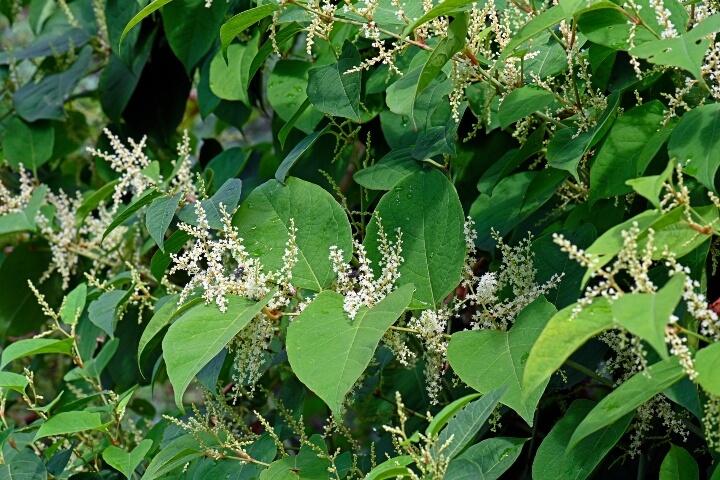
Have you ever noticed certain plants taking over your yard, suffocating the beauty and vitality of your landscape? These aggressive invaders, known as invasive plants, can quickly become a nuisance, jeopardizing the health and balance of your outdoor space. But fear not! In this article, we’ll define what invasive plants are and share effective strategies for managing these plants. We will also provide detailed descriptions of notorious invaders: Japanese knotweed, oriental bittersweet, and garlic mustard – including poison ivy – an outright itchy nuisance.
What is an Invasive Plant?
Invasive plants are non-native species that establish and spread aggressively in an ecosystem, outcompeting native plants for resources such as sunlight, water, and nutrients. They possess a remarkable ability to reproduce rapidly and adapt to various environmental conditions, making them formidable adversaries. These invaders can disrupt natural ecosystems, reduce biodiversity, and cause long-term ecological imbalances.
Managing Nuisance Plants
Dealing with nuisance plants requires a strategic and proactive approach. Here are some effective strategies for managing and controlling their spread:
- Early Detection and Monitoring: Regularly inspect your landscape for signs of invasive plants. Act swiftly to identify and address any potential threats, as early intervention is crucial in preventing their establishment and proliferation.
- Proper Removal Techniques: When removing invasive plants, it’s important to use proper techniques to minimize the risk of spreading seeds or fragments. Wear protective clothing, including gloves and long sleeves, and dispose of plant material in sealed bags or containers.
- Targeted Herbicide Application: In some cases, targeted herbicide application may be necessary to effectively control invasive plants. Consult with a professional arborist or horticulturist to determine the most suitable herbicide and application method for your specific situation.
Descriptions of invasive and nuisance Plants:
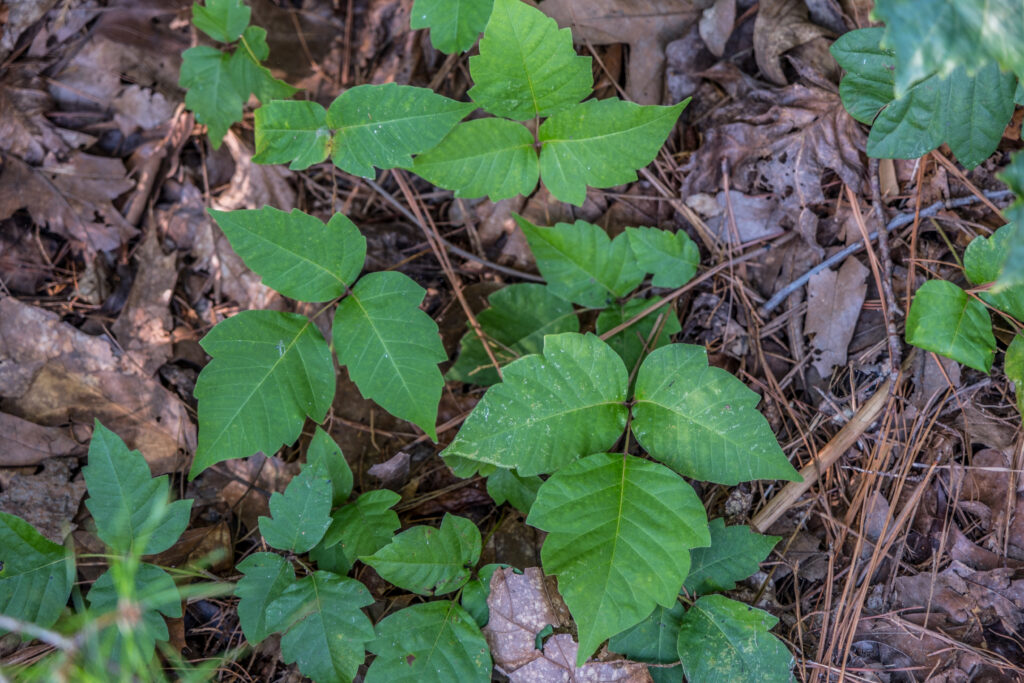
Poison Ivy (Toxicodendron radicans): Poison ivy is a native vine or shrub with three shiny leaflets that can cause severe allergic reactions in many people. Its leaves turn red in autumn, and the plant may produce white berries.
Japanese Knotweed (Fallopia japonica): Japanese knotweed is a perennial plant with bamboo-like stems and heart-shaped leaves. It forms dense thickets and can grow up to 10 feet tall. In late summer, it produces clusters of small, creamy white flowers.
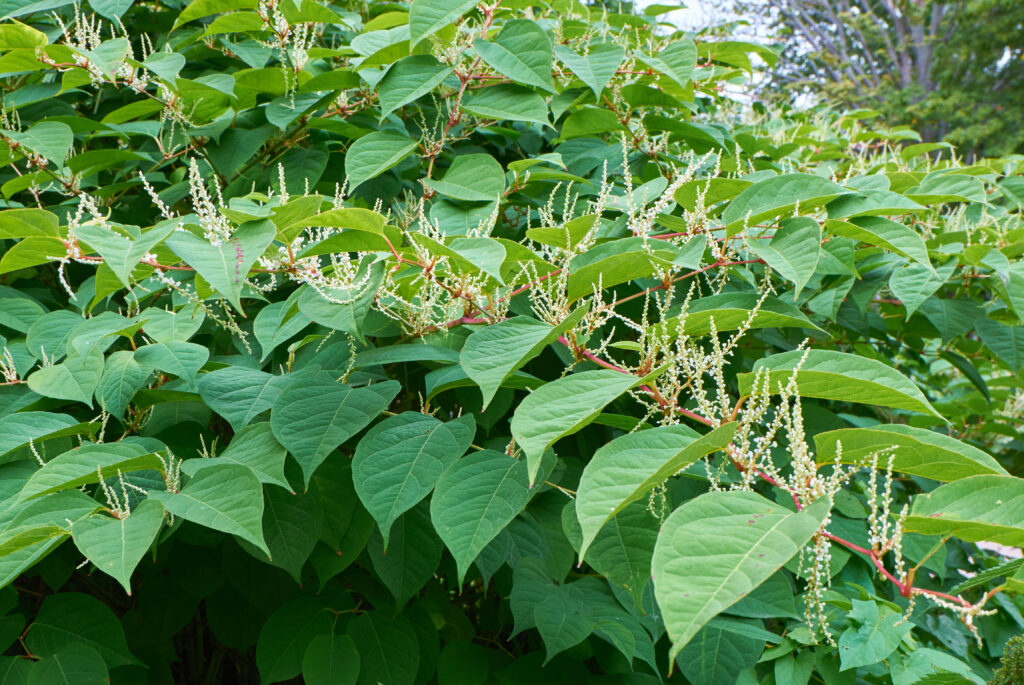
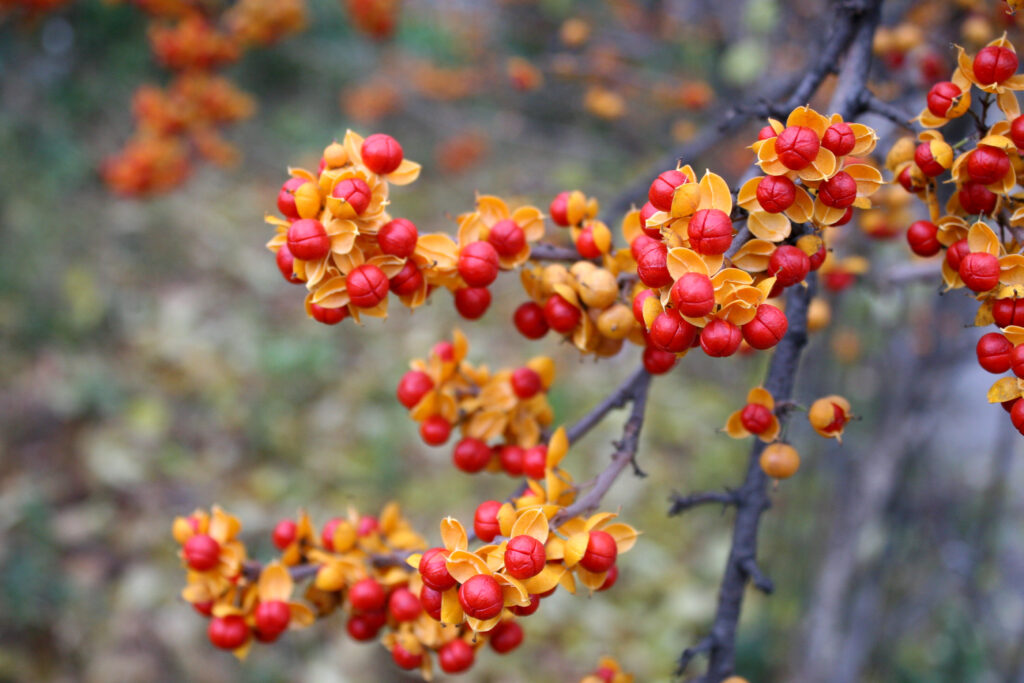
Oriental Bittersweet (Celastrus orbiculatus): Oriental bittersweet is a climbing vine that can strangle and shade out other plants. It has glossy, oval leaves and produces yellow capsules that contain bright red berries.
Garlic Mustard (Alliaria petiolata): Garlic mustard is a biennial herb with toothed, heart-shaped leaves that emit a garlic-like odor when crushed. In spring, it produces clusters of small white flowers.
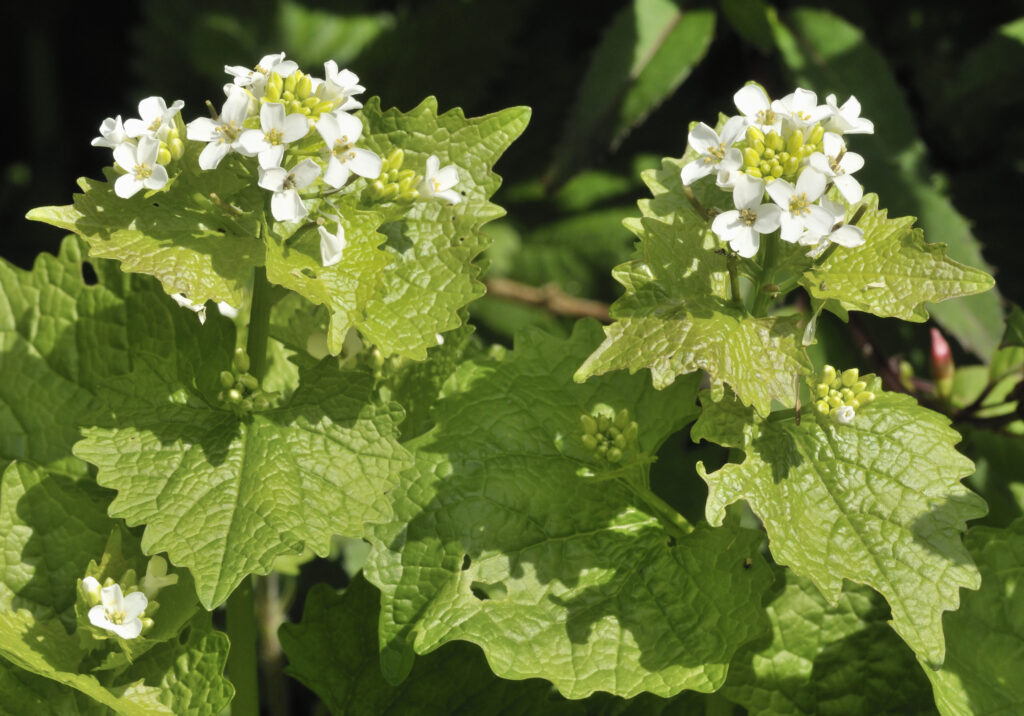
Invasive and nuisance plants can disrupt the beauty and balance of your outdoor space, but with the right knowledge and proactive measures, you can take back control. By identifying invasive plants early, employing effective management strategies, and seeking professional assistance when needed, you can restore the health and vibrancy of your landscape.
Get Professional Invasive Plant Control
Remember, if you need expert assistance in dealing with invasive and nuisance plants, don’t hesitate to reach out to us. Our team of skilled arborists and horticulturists is ready to help you reclaim your outdoor space and restore its natural beauty.
Take the first step towards a thriving landscape! Contact us now to schedule a consultation today.
How to Keep Invasive Plants Out of Your Massachusetts Yard in Eastern Massachusetts
Also Serving Rhode Island
Boston | Worcester | Cambridge | Brockton | Quincy | New Bedford | Fall River | Newton | Foxboro | Framingham | Plymouth | Attleboro | Taunton | Hingham | Needham | North Attleboro | Norton | Easton | Franklin | Walpole | Dover | Westwood
Providence | Warwick | Cranston | Pawtucket | Newport | Woonsocket | Cumberland | Coventry | Newport | Johnston | North Kingstown | Bristol | Portsmouth
Home » How to Keep Invasive Plants Out of Your Massachusetts Yard

